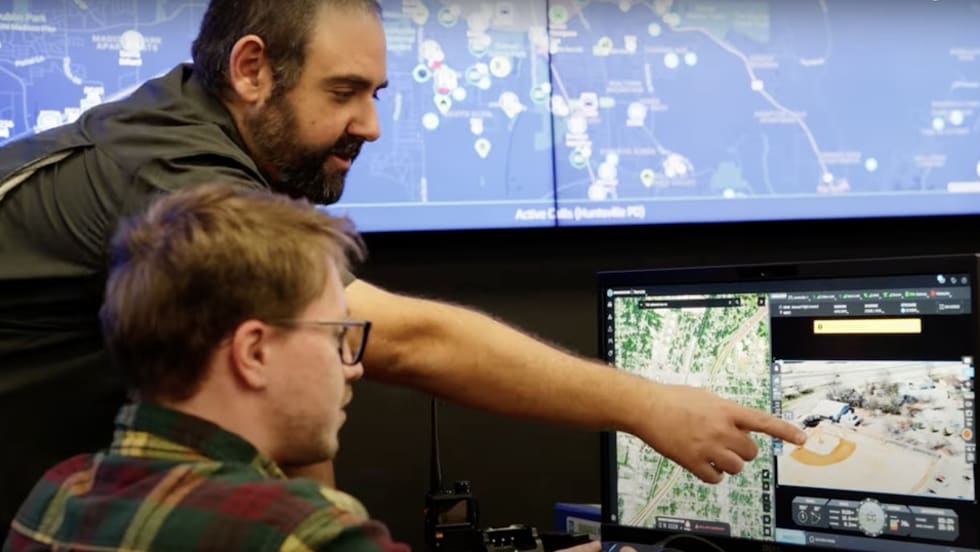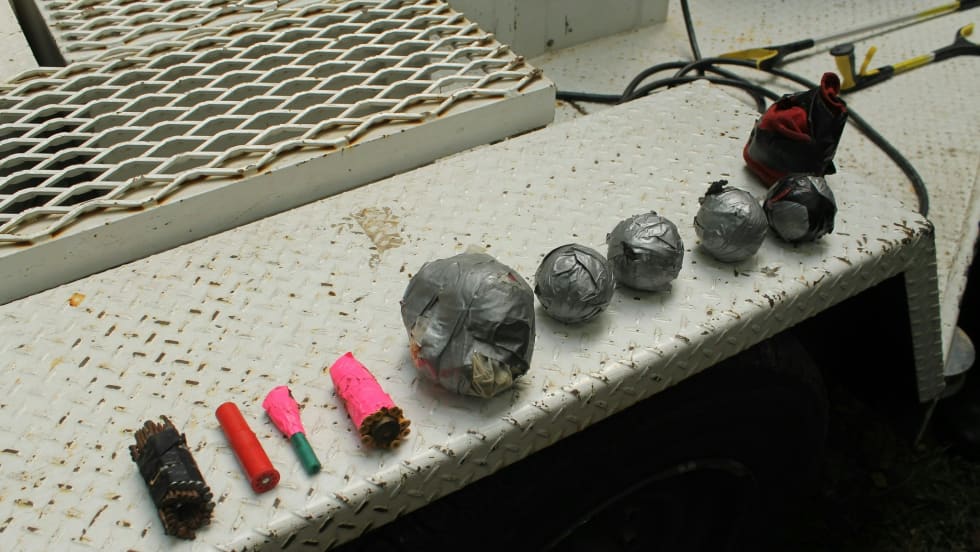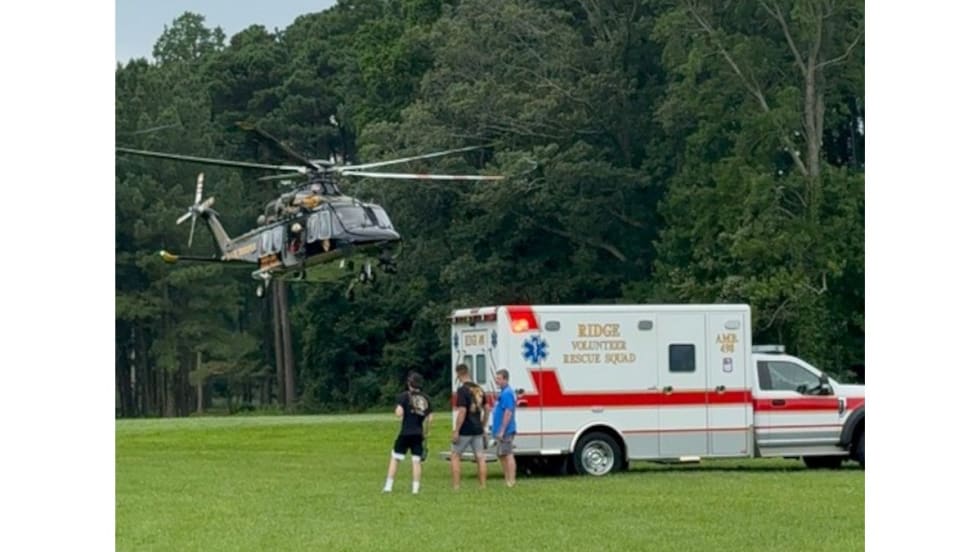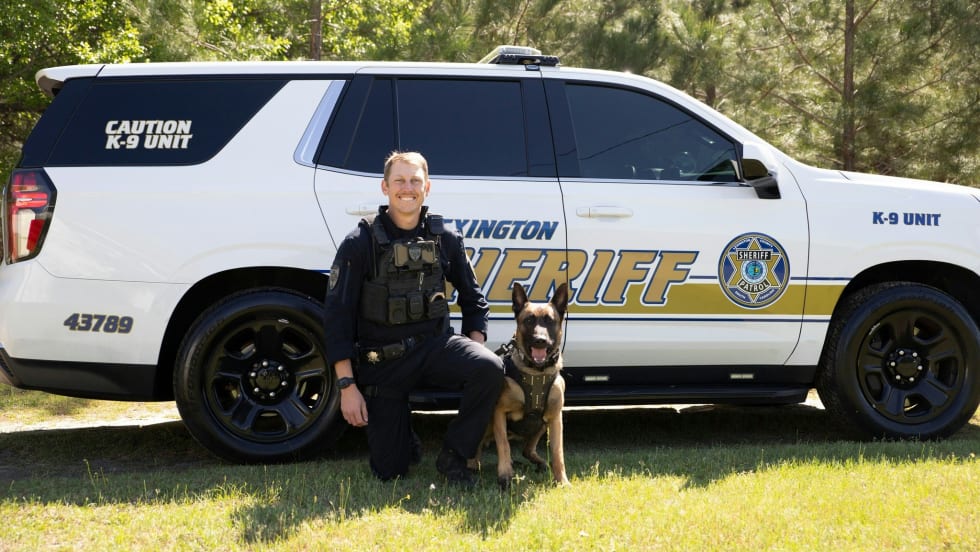Getting the case to court and obtaining a favorable decision by the bench or jury is always the goal in a gang investigation. And one of the greatest assets to any case is, of course, the witnesses. How do you solicit cooperation and a commitment to testify in court from these unique witnesses?
A successful gang investigation requires accurate witness reports and a proper search warrant.
Getting the case to court and obtaining a favorable decision by the bench or jury is always the goal in a gang investigation. And one of the greatest assets to any case is, of course, the witnesses. Many times, however, witnesses who are active or associate with gang members are difficult and uncooperative. This group can also include gang sympathizers, like parents or siblings in denial. Frequently, they are the only eye" witnesses and surviving victims of gang assaults. Some may have been previously injured in a gang battle. And almost all have had prior contacts with the police.
How do you solicit cooperation and a commitment to testify in court from these unique witnesses? This is a hard question to answer, and many feel it cannot be done. There is no single method for accomplishing this goal, but as law enforcement investigators we have many tools at hand to assist us. In some cases, the prosecution cannot proceed without eyewitnesses. To coin a saying by an Orange County, Calif., gang prosecutor, "When a crime is committed in hell, the witnesses are not angels."
When dealing with gang member victims, one of the most common statements we hear is, "Don't worry. My homeboys will take care of this for me." This attitude is common among gangs. Many witnesses fear being labeled a "rat" by other gang members. With this fear comes the added worry of being punished by the gang members for cooperating with authorities. The fear extends to family members as well. Obviously, this can prevent cooperation.
Additionally, gang members often mistrust law enforcement officers. Remember, we are the enemy. Many gangs believe that the violence and subsequent deaths they suffer are issues to be settled between them, like family business. Outside help is not wanted or appreciated. And gang members who rely on outside help are often viewed as weak. In the gang subculture, the strong, fearless image is always maintained.
Do Your Homework
Before interviewing witnesses, a quick check with the parole and probation departments will let you know whether or not gang terms-which limit contact between gang members-are imposed. A telephone call to the parole or probation officer will get you a lot of information about potential witnesses, and these agents may be able to help compel witness cooperation.
Knowing the background of your gang victim or witness can also be helpful. A good understanding of the history of his gang, his gang involvement, his relationship to the shooting victim, his prior police contacts and his criminal history provides valuable background information. 'With this information, you have a tool to establish credibility with the witness. Credibility is important because most gang member witnesses/victims will not talk to a law enforcement official for whom they have no respect. The background data can be an essential key in getting gang members to talk.
Conduct Timely Interviews
Witnesses and victims should be interviewed as soon as possible after a crime occurs. Circumstances will be easier to remember and there is a better chance of getting the most accurate account of the incident. Unfortunately, dealing with a death can be very emotional, especially for the surviving family. The timing may not be ideal: however, these family members should be interviewed even if they are not eyewitnesses. Many times they will know of prior death threats, previous unreported shootings and gang rivalries. They can also give you permission to search the victim's bedroom. Obviously, these interviews should be conducted as tactfully as possible.
Establish Credibility
A lot of success has been repol1ed by officers who establish credibility with a street gang. We all have a job to do with gang suppression. The way in which we handle our business will assist when a big case comes down. Your personal credibility, earned through your street contacts, can be the determining factor in whether or not you are able to break a case.
It's not easy when you have been at work for 12 hours and you find yourself rolling out at 3a.m. to yet another gang shooting. Dealing with any witness can be a trying experience. A tip to remember is to try to treat them as you would want to be treated. Don't be a kiss-ass: but remember that a little sugar can go a long way. This will help the witnesses cope with the long wait at the station before they are interviewed.
As law enforcers, we may use tricks to try and compel a suspect to talk. Case law even pem1its a lie to be told during these interviews. A good rule of thumb to follow is to be as truthful as possible to non-suspect witnesses. They should know right from the start that they may need to testify in the trial. Don't scare them, but if the question is asked an honest answer is deserved. If a minor is involved, let the parents know what is going on.
Obtain a Search Warrant
Another possible goal in the investigation is to obtain a search warrant to look for evidence of a homicide. After the crime scene is examined and all physical evidence is collected and documented, a quick review of the incident and all discovered facts may aid in your decision in whether or not to pursue a search warrant. Sometimes the review is a formal debriefing, or they can be informally completed at the crime scene. This action gives the lead investigator(s) a general sense of how the case is developing.
Search warrants can permit the lawful search for evidence of a felony. For those states that have gang enhancement sections in their criminal codes similar to the 186.22 Penal Code section in California, otherwise known as the "STEP ACT," gang indicia may be considered evidence.
Warrants have included as many as 40 to 60 residences of documented gang members. The secret is to be able to tie as many gang members as legally possible to the felony crime you are investigating.
Multiple dwelling search warrants can be obtained for three or four residences. The actual number is not important. What is of paramount importance is the integrity of the investigation. Do what you must to get the job done; no more, no less.
The search warrant has three basic parts. The first part is the warrant, which is the order issued by the court commanding you to search a particular place(s), person(s) or vehicle(s). The second part is called the affidavit and is usually the longest written portion. In simple terms, the affidavit consists of three sub-parts. Your resume, the facts of the current investigation and your expert opinion. The final portion is called the return. It's basically a report that is returned to the issuing court listing the items seized.
Prepare an Affidavit
The affidavit is not difficult to put together. If you are writing the warrant, you will need to include your resume in the affidavit. Your resume should be a brief but concise description of your professional history. This includes basic training, specialized schools, the number of gang investigations you have conducted or assisted in and your membership in professional organizations. It should also include the relevant literature you have read, the number of gang members you have spoken to, the types of gangs you have been exposed to and a list of recognized experts you have associated with. The number of search warrants you have previously prepared, the number of times you have testified as a gang expert, any training you have given and any special seminars you have attended should also be included in your resume. This information will serve to qualify you as an expert.
In the affidavit you also want to tell the judge the results of your previous gang investigations and what you anticipate to find in the current investigation. This gives you an opportunity to tell the court such things as, "It is common practice for members of 'xyz' gang to pass and hide weapons among themselves to prevent them from being discovered by law enforcement authorities." Such a statement can be made in the affidavit if members of the gang you are investigating gave you this information, you have actually found weapons (with a search warrant) under similar circumstances or you have received training in that practice. Essentially, you need to explain the gang lifestyle and practices to the court.
The second part of the affidavit explains what happened in the current case. It should be a brief and accurate synopsis. Police reports describing the incident are incorporated into the affidavit. Including these reports may save you time in preparing this portion of the warrant.
The last section of the affidavit includes your opinion on what you'll expect to find at the locations you want to search. Items that you wish to search for must have a degree of specificity, and you need to provide justification for searching for them. This includes the requested search of any vehicles or persons.
The search warrant and multiple dwelling search .warrant are two of the most common warrants written by gang investigators. They allow a current investigation to continue and should be completed in a timely manner.
Serve Warrants Carefully
A word of caution: Serving search warrants can be considered a high-risk task. In some instances you may wish to have your SWAT team make the high-risk entry into those locations where you anticipate problems. For example, you probably don't want to enter a location where you have knowledge that a gang member is well armed and has stated he will not be taken without a fight. Similar precautions should be taken at locations you believe are well fortified and armed. SWAT teams are specially trained to make high-risk entries; they are better qualified to secure dangerous locations.
Prepare for Trial
As the case goes to trial, the investigator, as well as other officers involved in the investigation, will probably be asked to testify. Naturally, proper preparation is important. Review your reports before going to court. If possible, contact the prosecutor to get an idea of the areas he or she will ask you about. Study the report and try to testify from memory as best you can. Reviewing the report in court is allowed. Sometimes, however, defense attorneys will try to make your testimony a memory test. If you're not well prepared, the experience can be embarrassing and stressful.
A general rule of thumb to follow when testifying is to keep the same demeanor with both the prosecutor and defense attorney. Witnesses often appear to be biased when they are polite and cordial to one attorney and not to another. Juries sometimes catch these subtle attitude changes and they can be used to discount testimony.
Gang-related cases are trying and difficult to complete. The thousands of professional investigations that law enforcement officers labor through seem rarely noticed. However, as one defense attorney stated, "Every case that is done right adds to your credibility." Be safe.
Al Valdez is an Orange County Calif., District Attorney Investigator and the author of the book "Gangs". He is also a consultant to the OrangeCounty Board of Education, the Department of Justice and the Office of Juvenile Justice and Delinquency Prevention.











